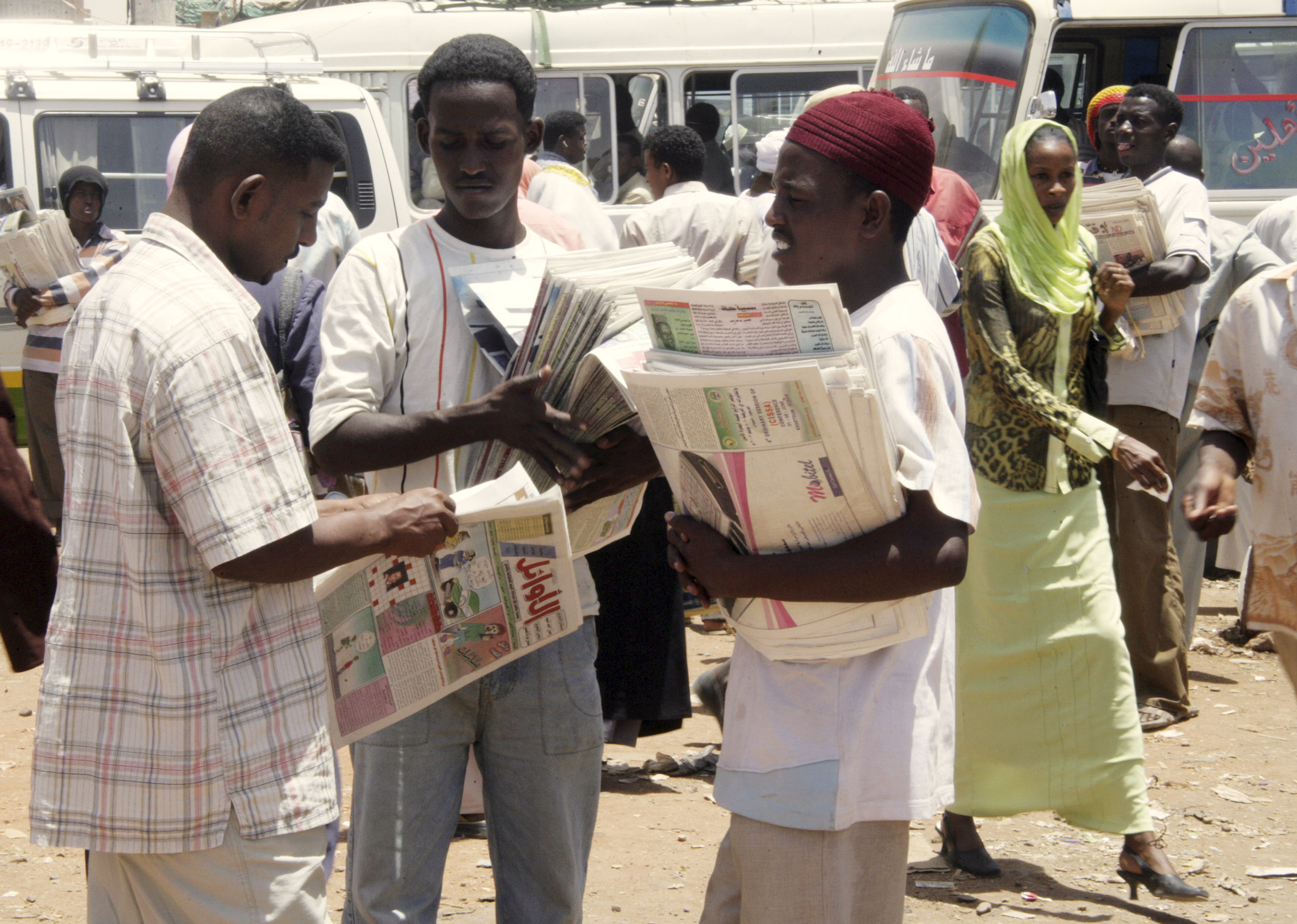
The Sudanese National Intelligence and Security Services, or NISS, confiscated over 10 major newspapers in Sudan in May of 2012, banned 13 journalists from operation, and identified several prohibited topics of discussion. News reports have documented recent bans on news outlets Al-Midan, Al-Meghar al-Syasy, and Al-Intibaha for critical coverage on President Omar Al-Bashir’s plans to seek reelection in 2015, as well as violence between rebel groups in South Kordofan. The NISS utilized confiscation and intimidation in order to abridge press liberties, forcing news sources into bankruptcy and denying journalists their livelihood. Ironically, just weeks ago, Sudanese authorities issued a presidential decision to ban pre-publication censorship. First Vice President Ali Osman Taha issued these directives with the express order that they be effective immediately, allowing news sources and journalists more freedom and protection. This, on the heels of a year marred with censorship, violence, and grave human rights abuses, appeared to be a milestone in Sudan’s process of democratization.
This apparent progress has been rendered null with the closing of four newspapers in late May. The closed newspapers—which include those that are Communist, pro-government, and independent—are being forced to discontinue operation after having reported on fighting that occurred between the Sudan Armed Forces, or SAF, and the Sudanese Revolutionary Front , or SRF, last month. Sudan’s tightening of restrictions against the press has been a response in large part to their newfound knowledge of the opposition’s intent to seize control of Khartoum. The marginalized status of groups on the periphery of Khartoum such as those in South Kordofan, Blue Nile, and Darfur is compounded by lack of access to legitimate narrative and discourse, contributing further to a collective sense of oppression and frustration, a form of structural violence in itself.
Enough Project Senior Advisor Omer Ismail states that censorship not only sustains dictatorships that are inherently anti-transparency in nature, but is a precursor for the current Sudanese political establishment itself. He remarks,
“You feel sympathy sometimes for the fighters from Darfur or the Nuba Mountains, because they had no political space where they could express whatever that they thought was their legitimate right. And so, they resorted to violence. They’re filling a vacuum that is created by a government that is taking more than its share in every aspect of life.”
Ismail articulates the ways in which the contested right to expression and freedom of press in Sudan mirrors the larger power struggle and violent atrocities taking place on the ground, as well as a way in which these human rights abuses can take place without question.
Human rights advocates have condemned the violation of one’s right to free speech as perhaps the most outright and flagrant human rights abuse. Experts on Sudan such as Ismail have highlighted the ways in which the current autocratic and fundamentalist regime was born in conditions of contested legitimacy. It seems as though the specter of the regime’s passing is now producing a similar conclusion.
Photo: Sudanese newspapers vendors in Khartoum (AP).

